Doctor of Ministry
Equipping passionate, reflective practitioners as Doctors of the Church
The Doctor of Ministry (DMin) is the highest professional degree for men and women already successfully engaged in ministry. This program enables leaders in Christian ministry to increase their effectiveness in the church, parachurch organization, or mission in which they minister.
Graduates of this program will grow in heart, head, and hands: loving more deeply, comprehending more fully, and serving more skillfully in their specific areas of calling.
Why Doctor of Ministry? Read DMin Dean, David Currie’s article, Is there a Doctor in the … Church?!
What’s your passion?
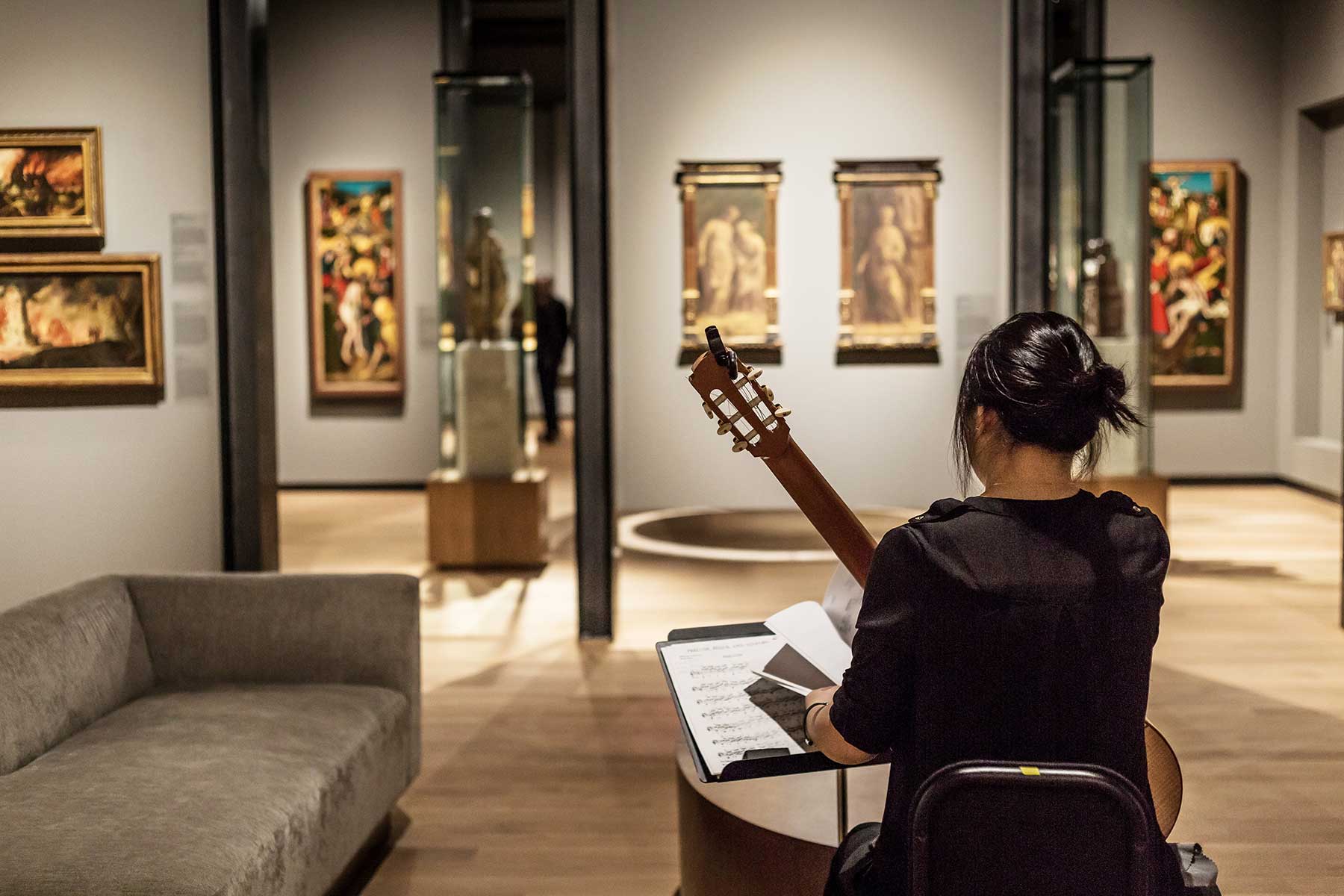
The Arts, Ministry, and Mission
Provides a strong Biblical and theological framework for ministry and mission of the arts, through the arts, and to the arts.
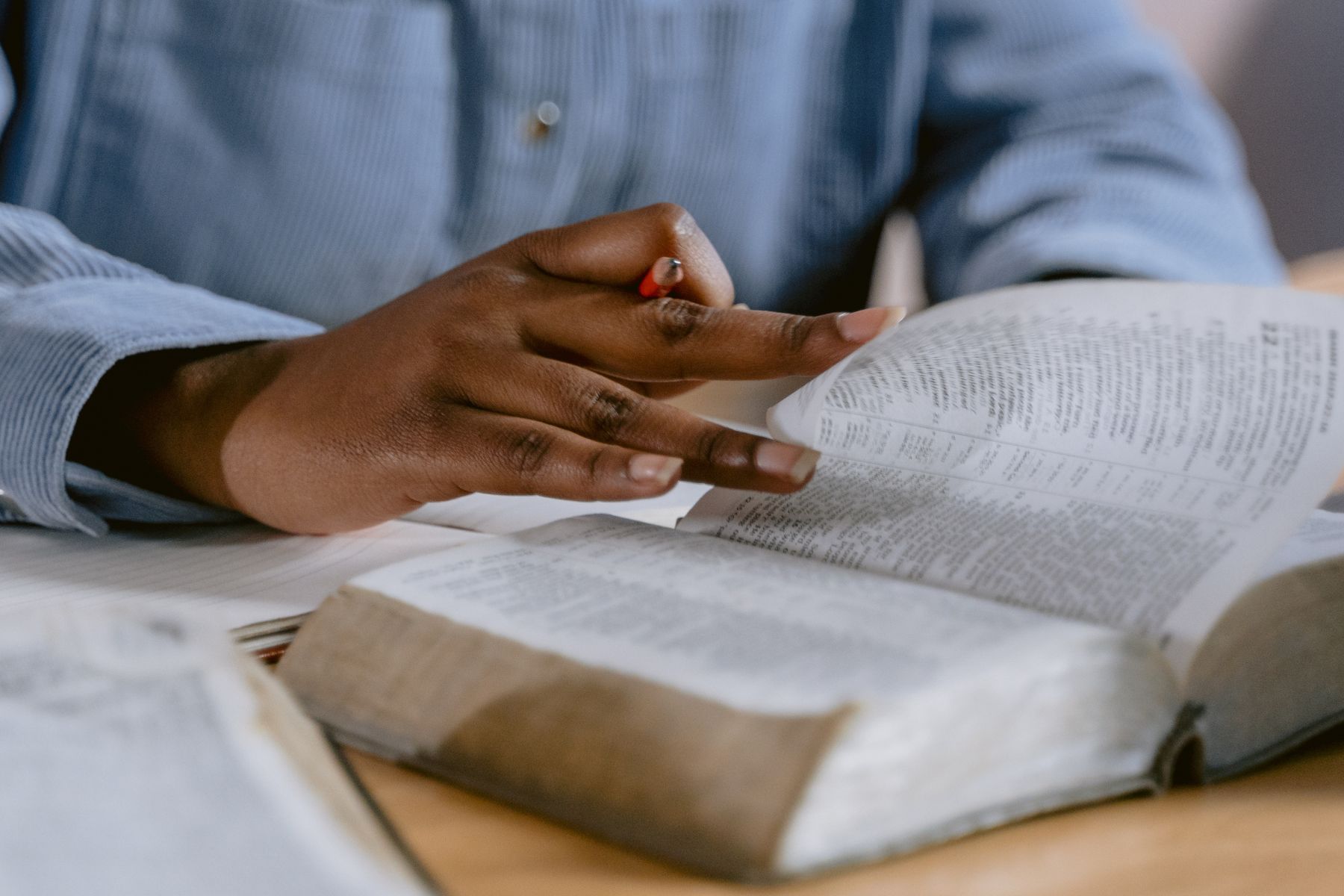
Bible Translation
Provides skills and knowledge to prepare experienced Bible translators, translation officers, and consultants to take the lead on Bible Translation.
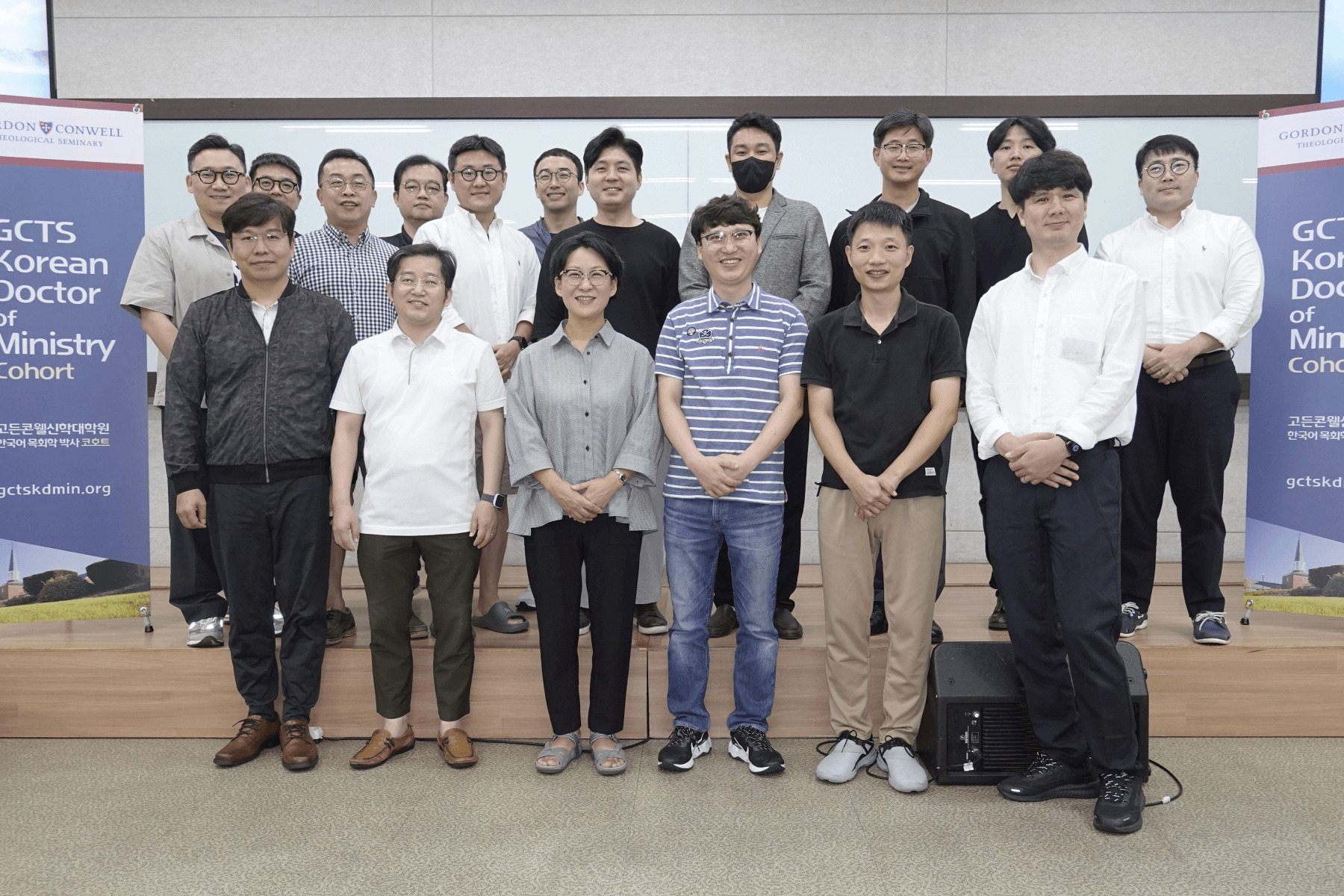
Gospel, Culture & Leadership (Korean Cohort)
Provides Korean pastors and mission leaders with the equipping to better understand their contexts and serve their congregations by leading with Christ-centered preaching.

Leadership in a Changing Church Context
Provides Christian leaders with knowledge and skills to better understand themselves and their contexts to lead change and to guide their congregations.

Liderazgo Pastoral
Provides Christian leaders who are within the context of Hispanic churches the skills and knowledge to lead missional congregations.
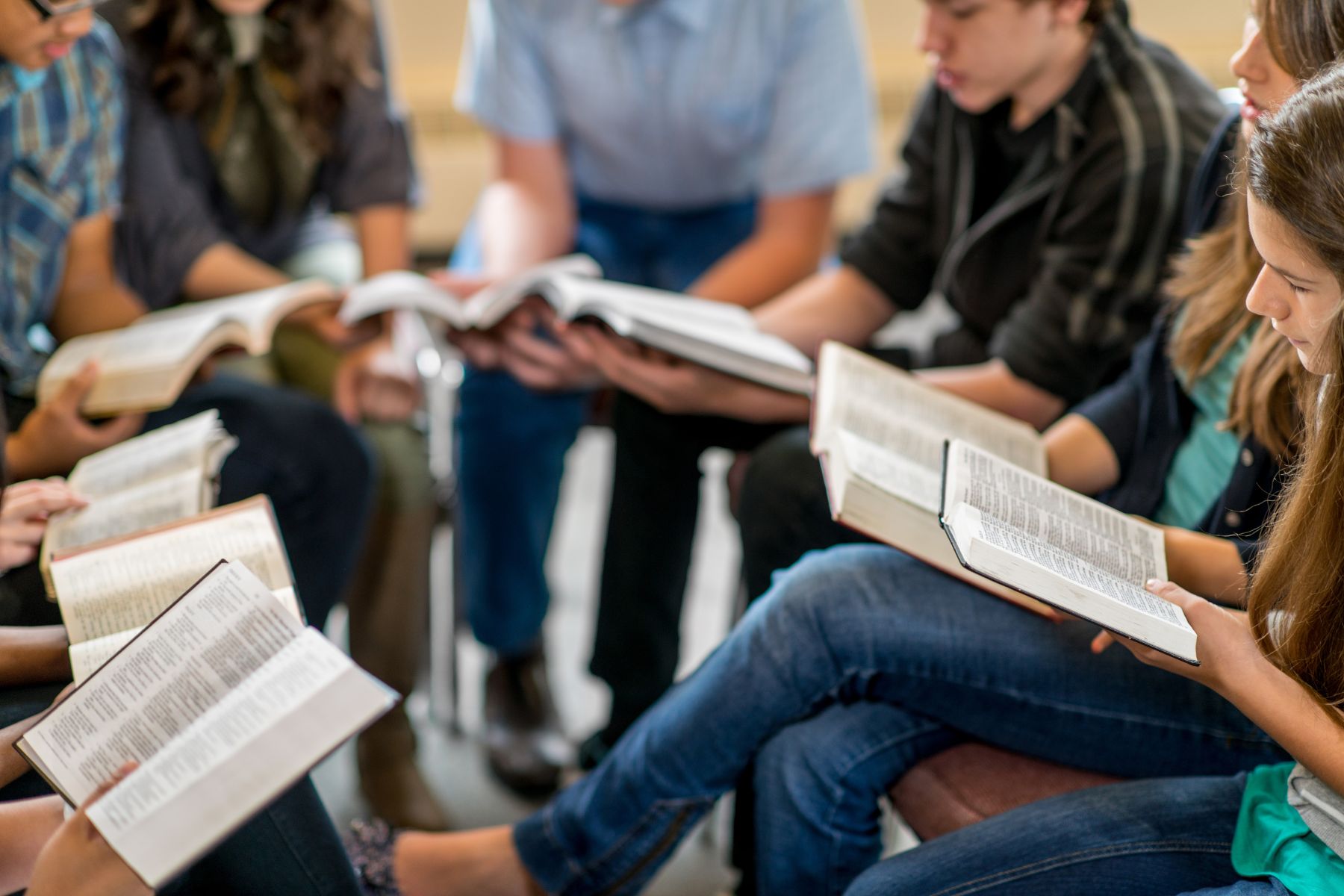
Ministry to Emerging Generations
Provides those ministering to children, youth, and young adults with the knowledge and skills to partner with families, congregations, and para-church organizations to serve these age groups.

Missions, Development, and Leadership in the Global Context
Provides Christian ministry and nonprofit leaders with the knowledge and skills to work with different cultures, governments, and denominations as they assist others in achieving the mission of God in their lives.

Outreach & Discipleship
Provides Christian leaders with the knowledge and skills to live out and lead the Great Commission locally and globally.
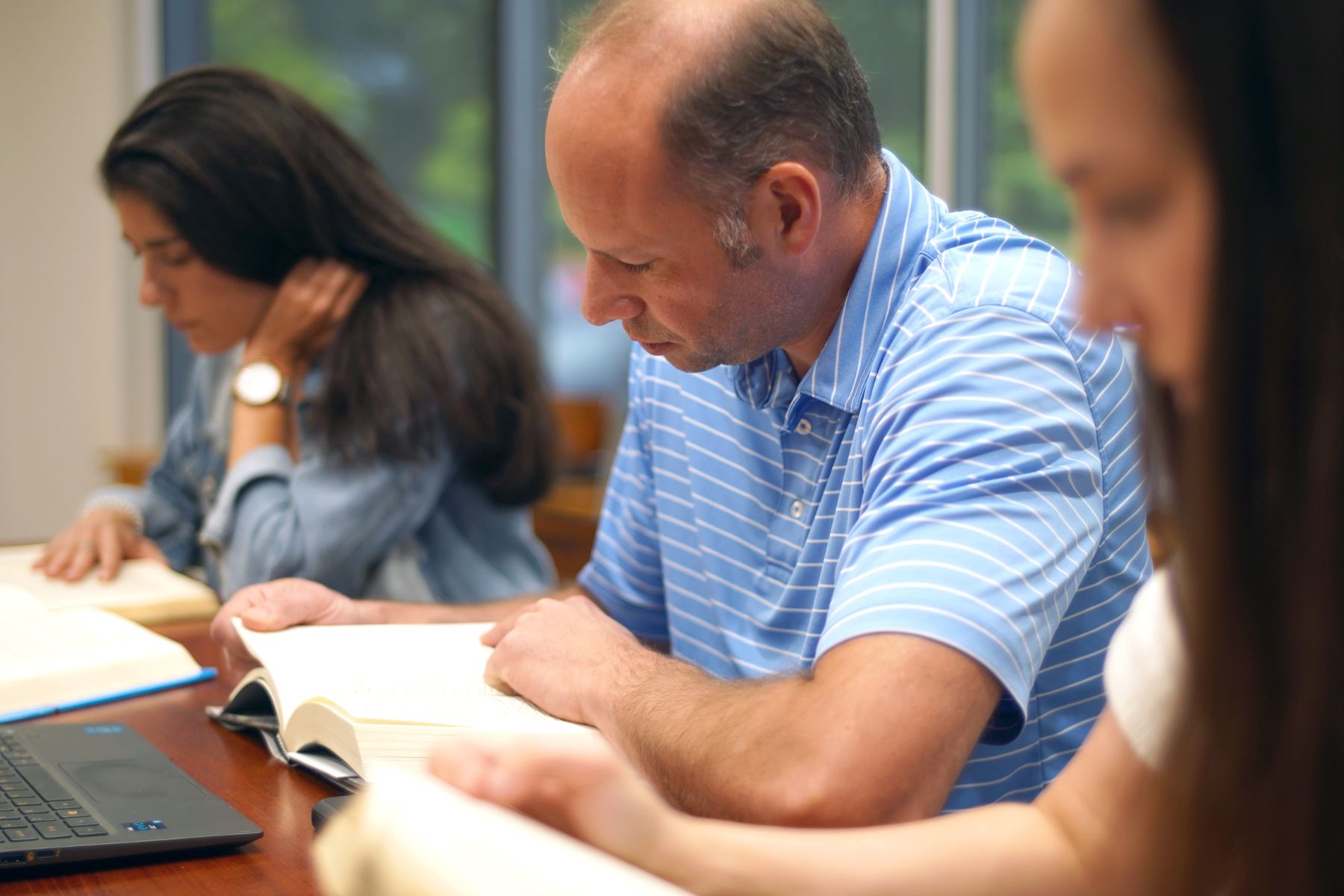
Pastoral Theology in Practice (Charlotte Cohort)
Provides those in pastoral ministries with practical ministry skills to deepen their call, care for their flock, and preach the Word more faithfully.
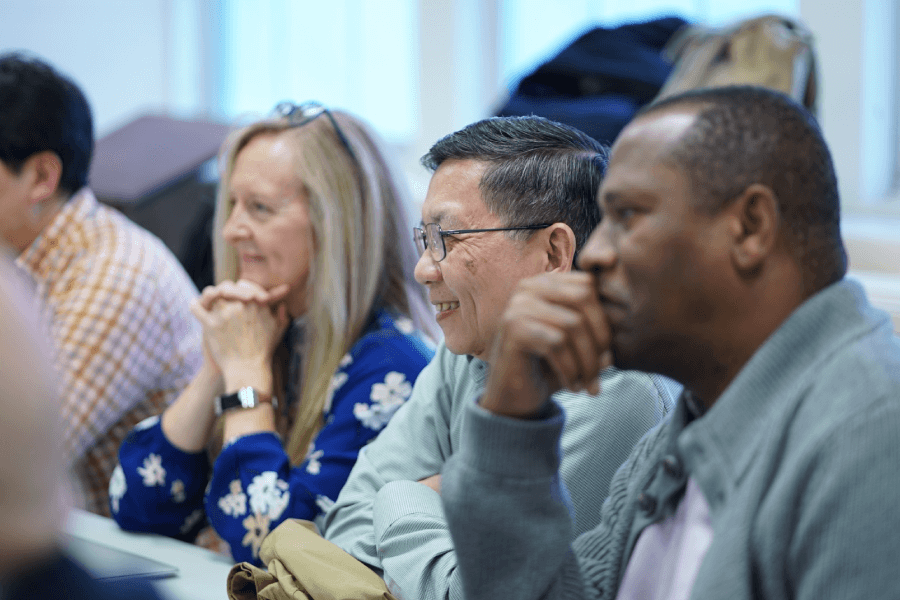
Pastoral Theology in Practice (Hamilton Cohorts)
Provides pastoral theologians with updated ministry skills in light of present-day challenges in pastoral calling and service.
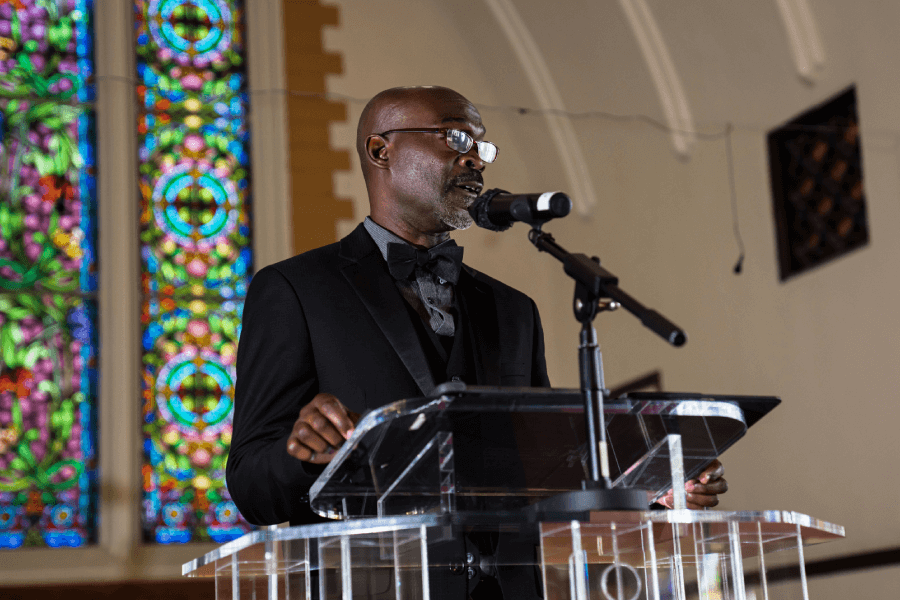
Preaching: From the Study to the Pulpit
Provides preachers with updated skills to communicate the Word of God effectively with accuracy and relevancy.

Spiritual Formation for Ministry Leaders
Provides pastors and other ministry leaders with the knowledge and skills to nurture individual and corporate life with God.

Workplace Theology & Ethical Leadership
Provides Christian leaders with an understanding of the biblical, theological, and pastoral implications of life in the global marketplace.
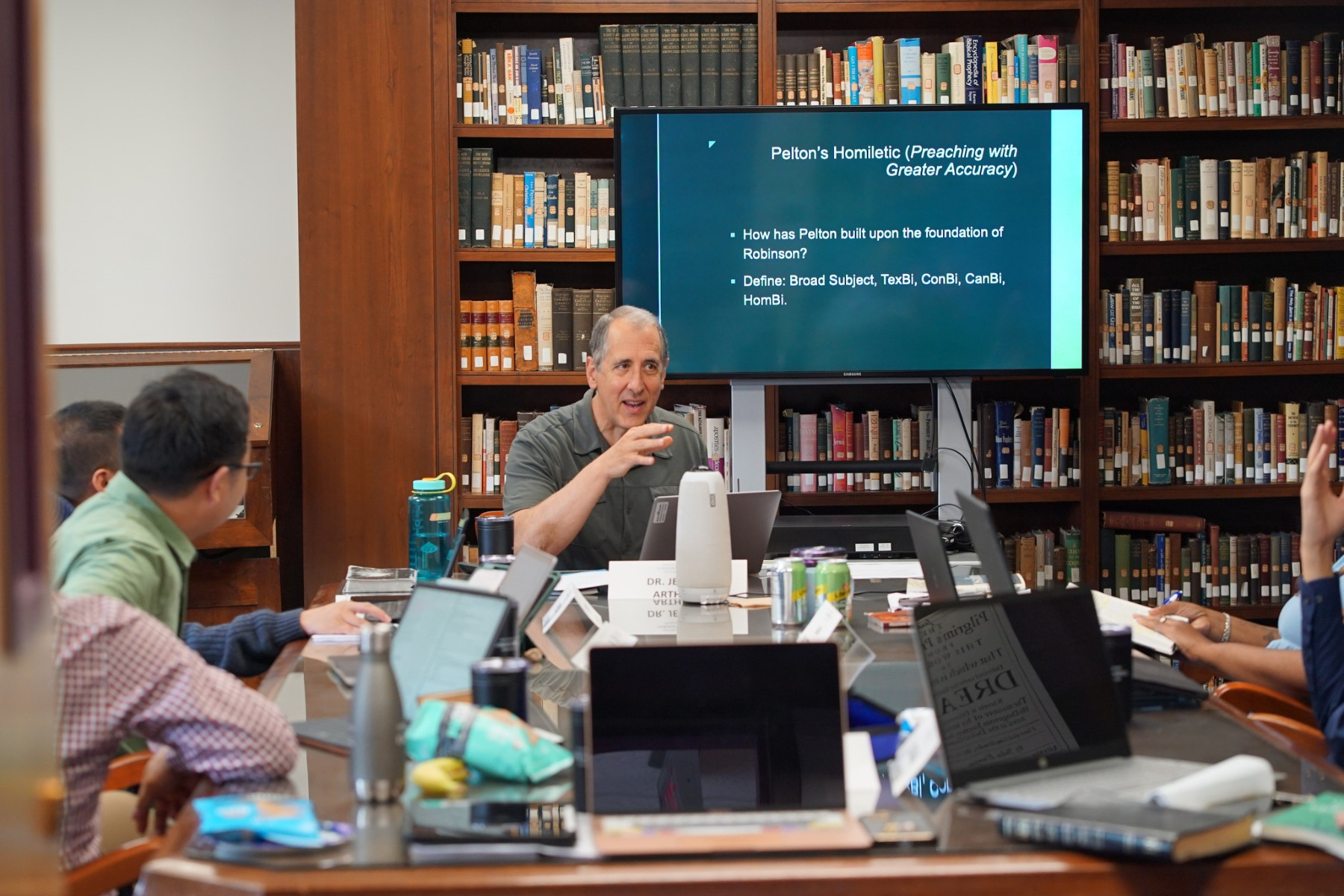
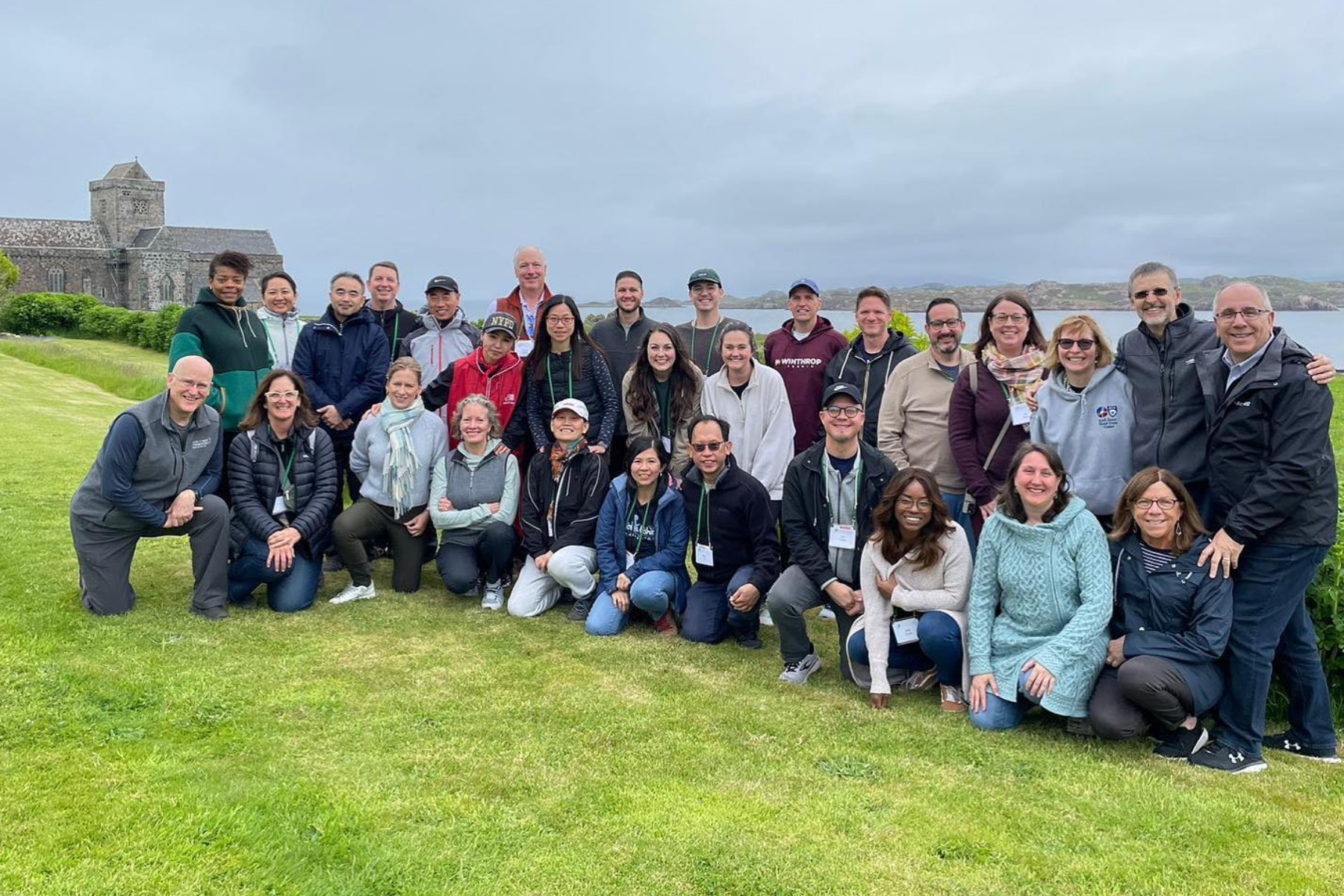

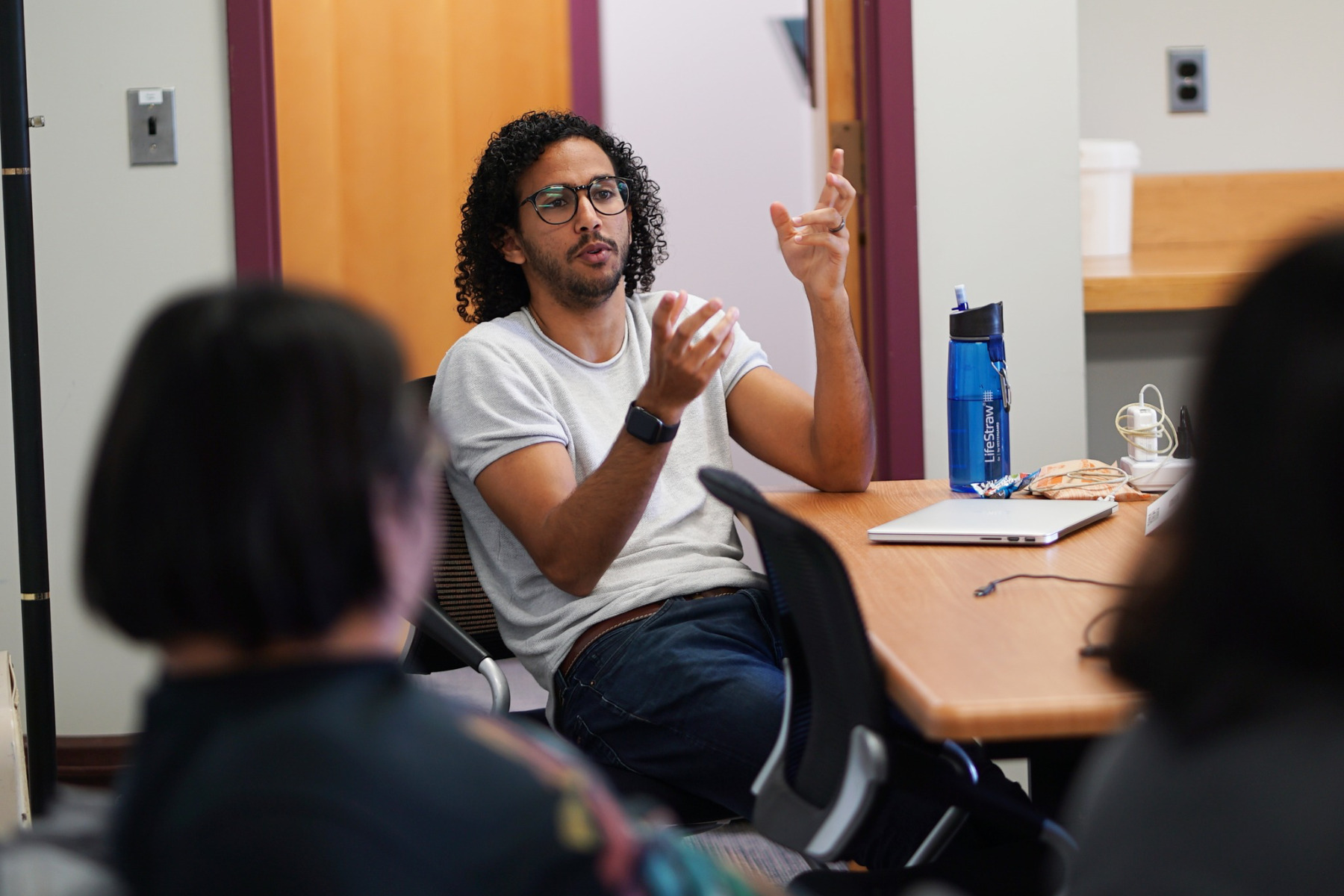
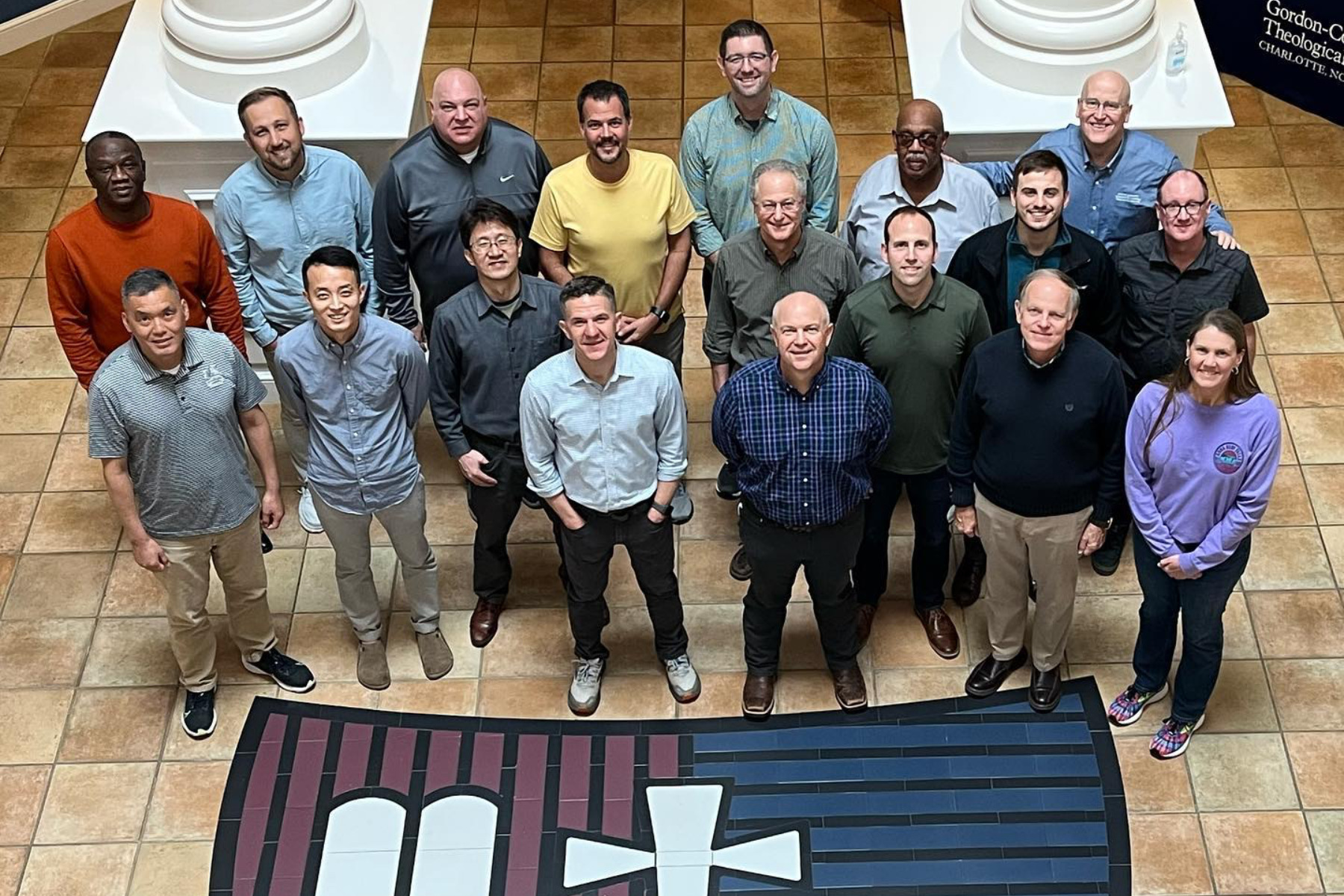
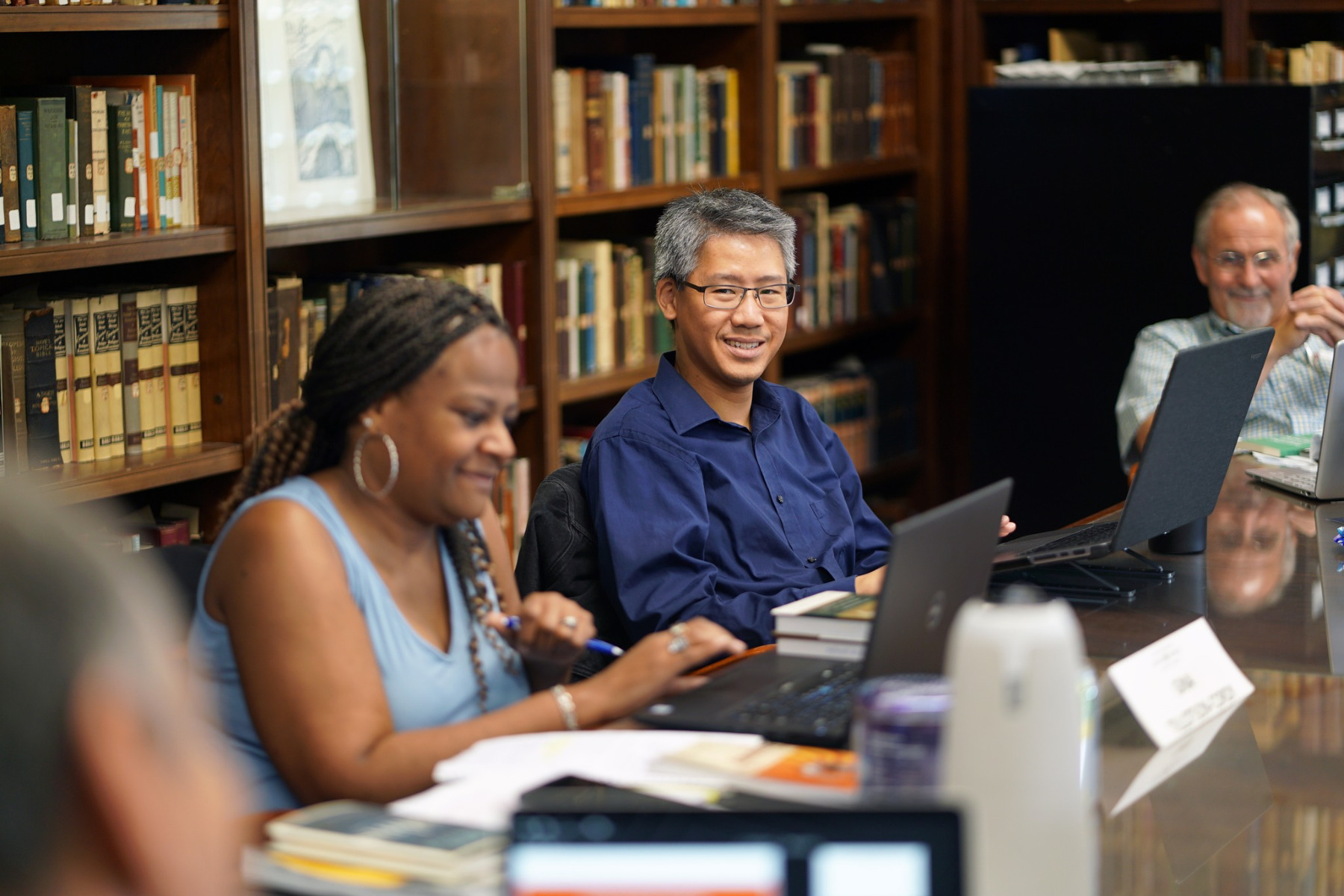
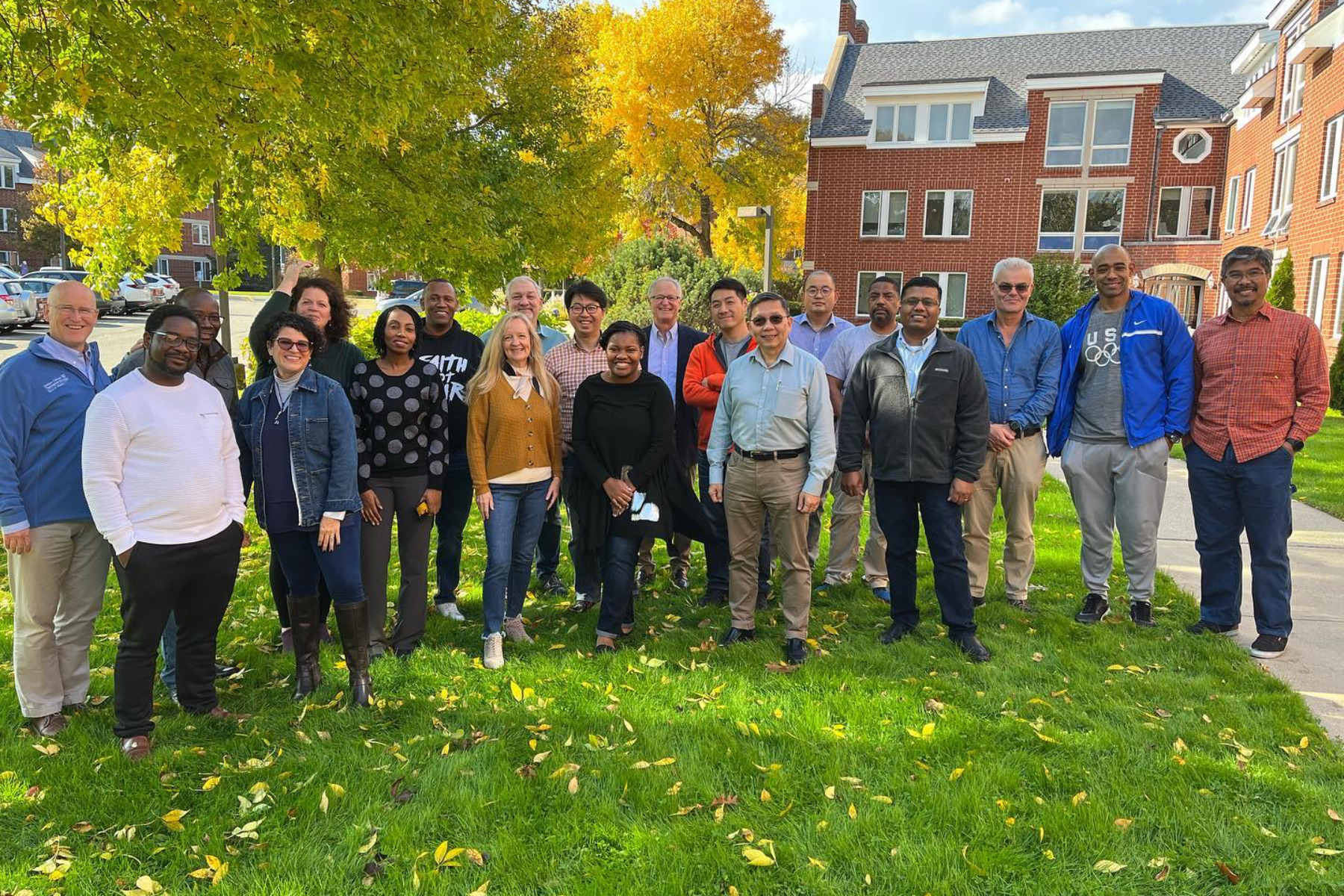
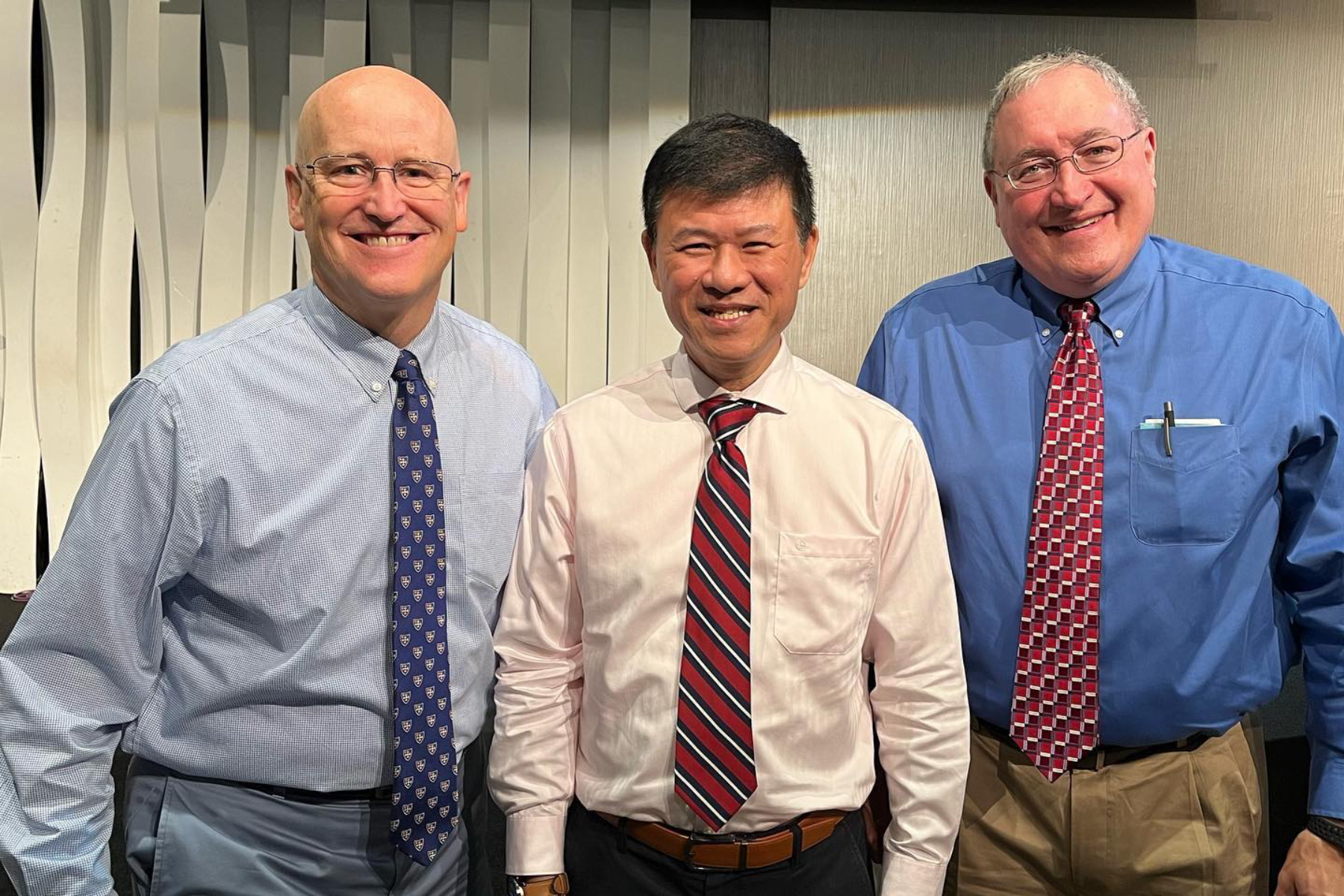
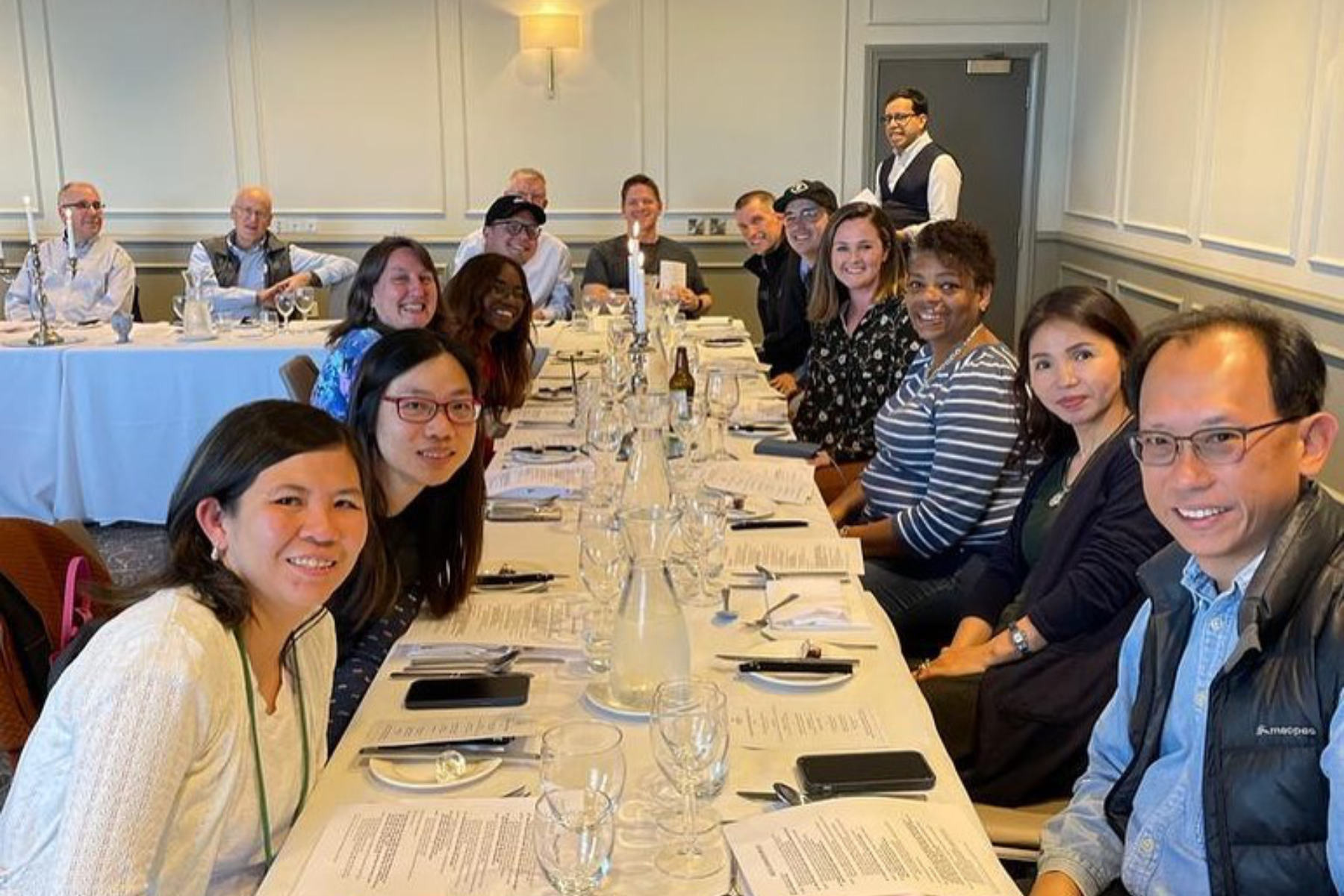
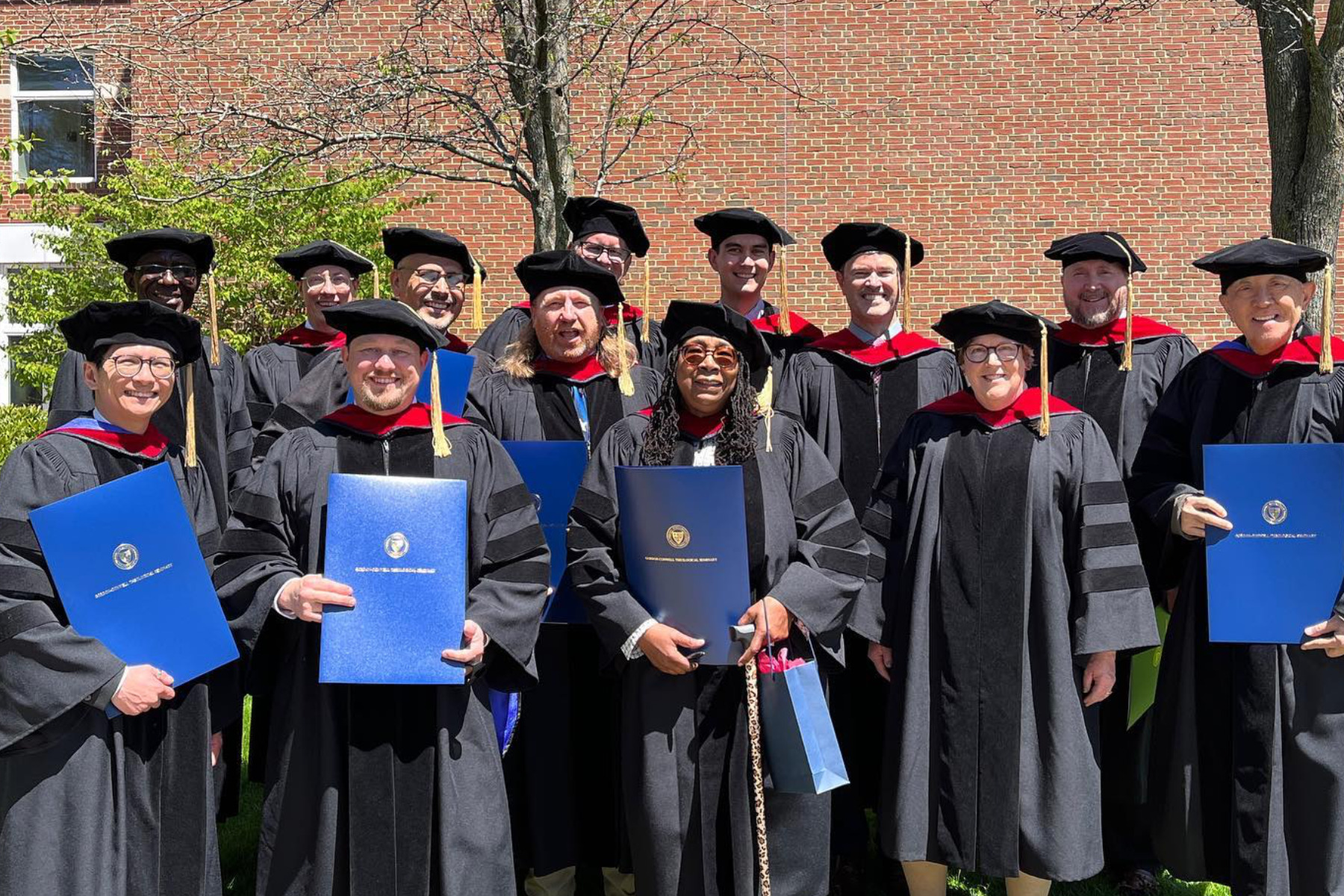
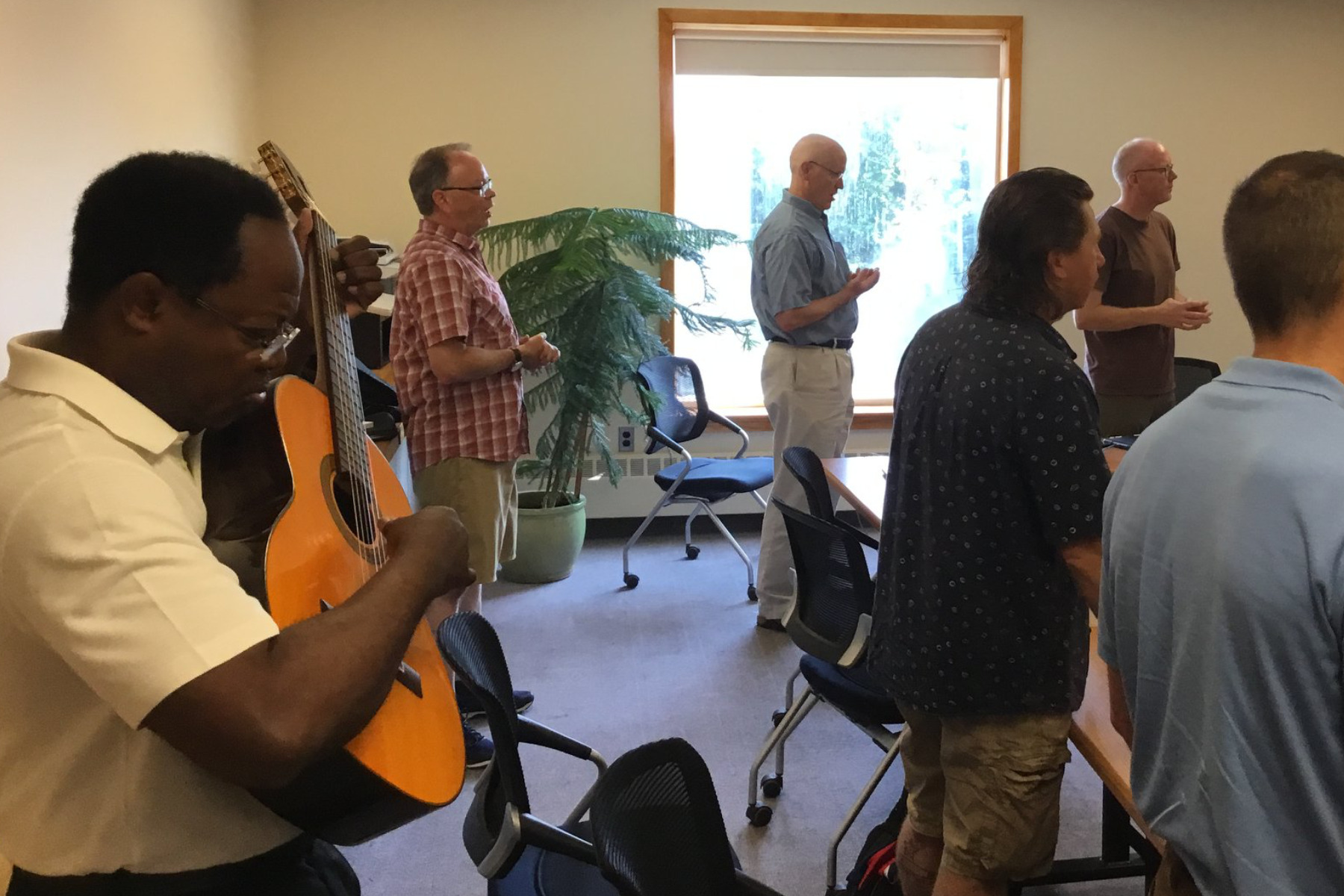
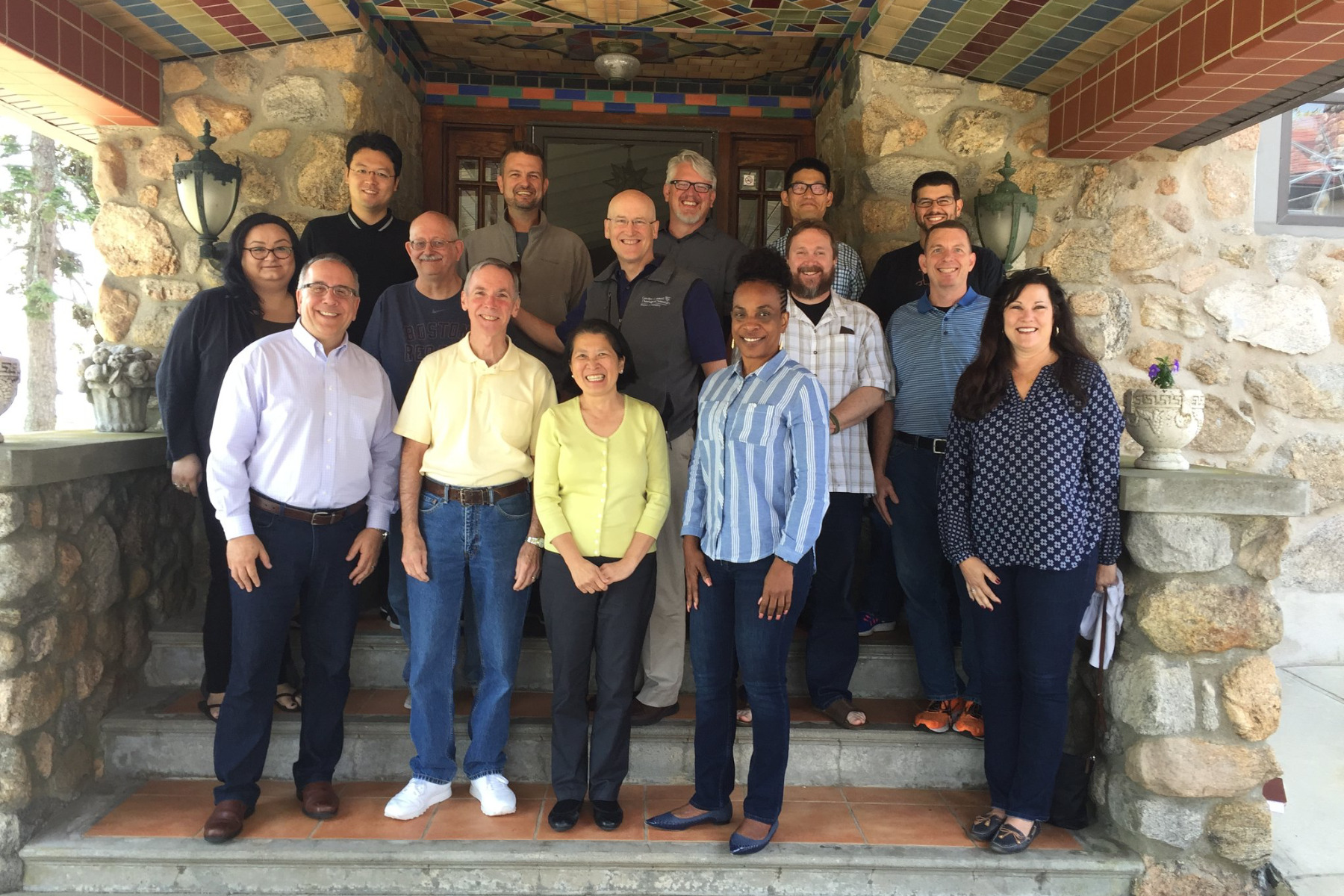
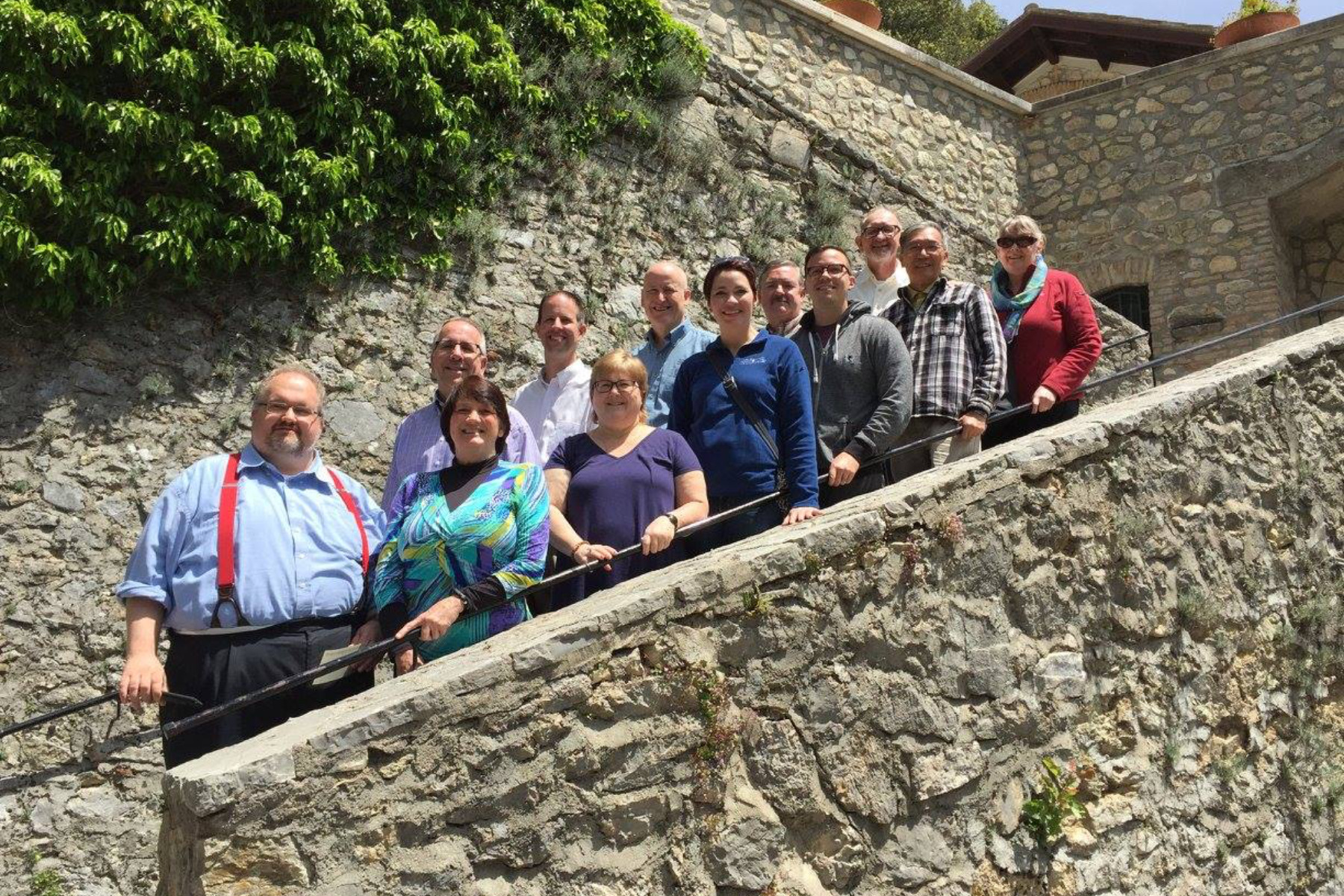
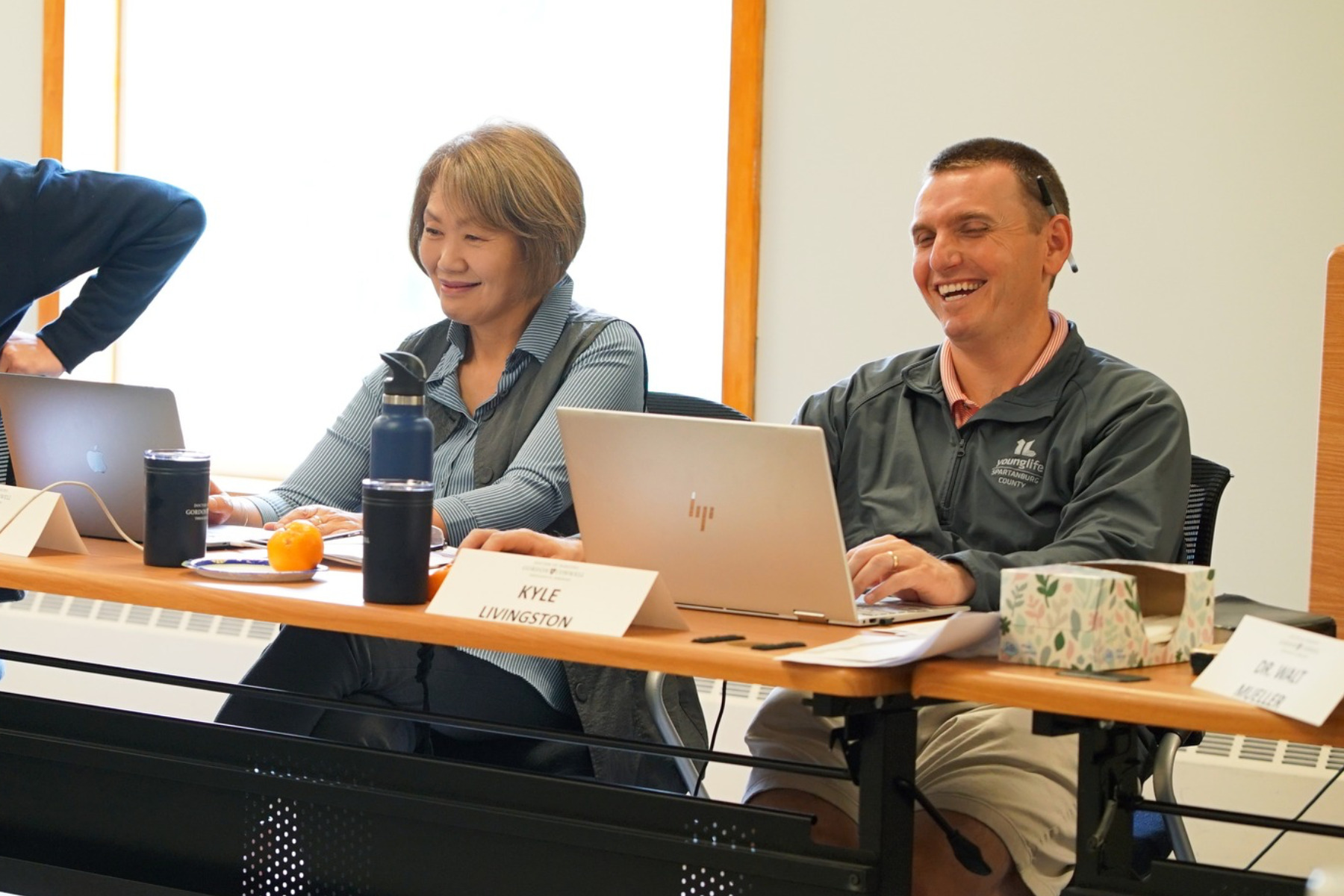
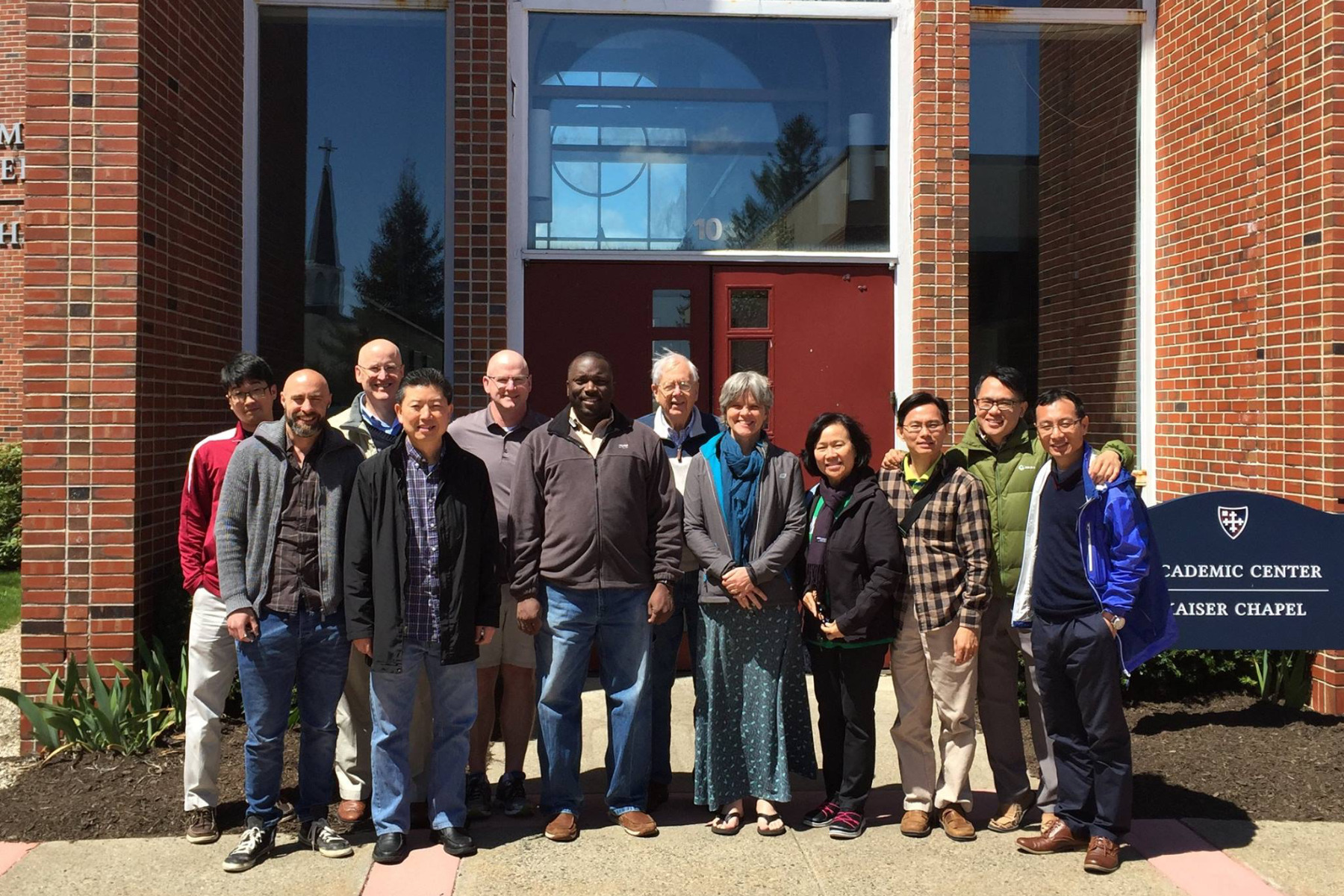
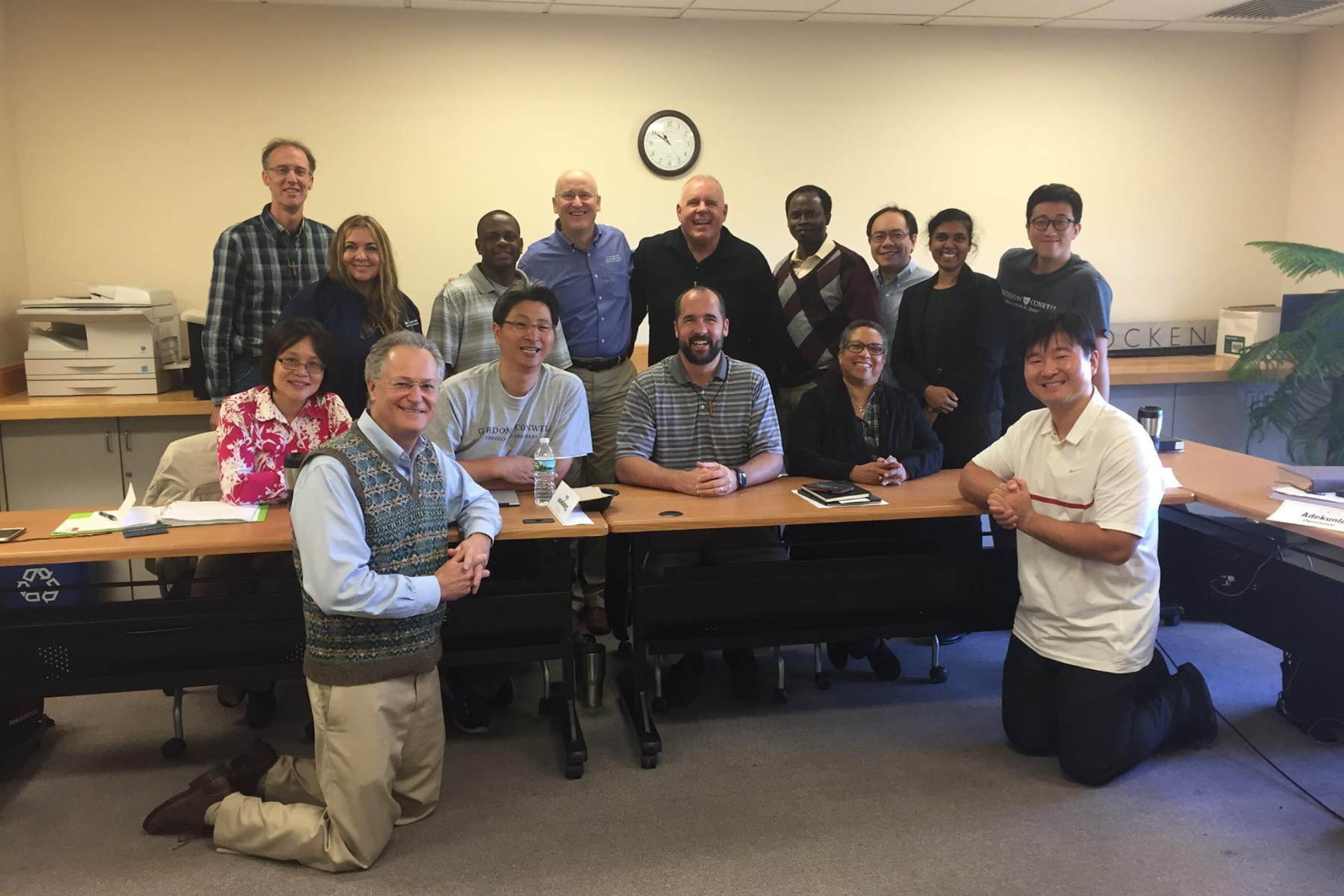
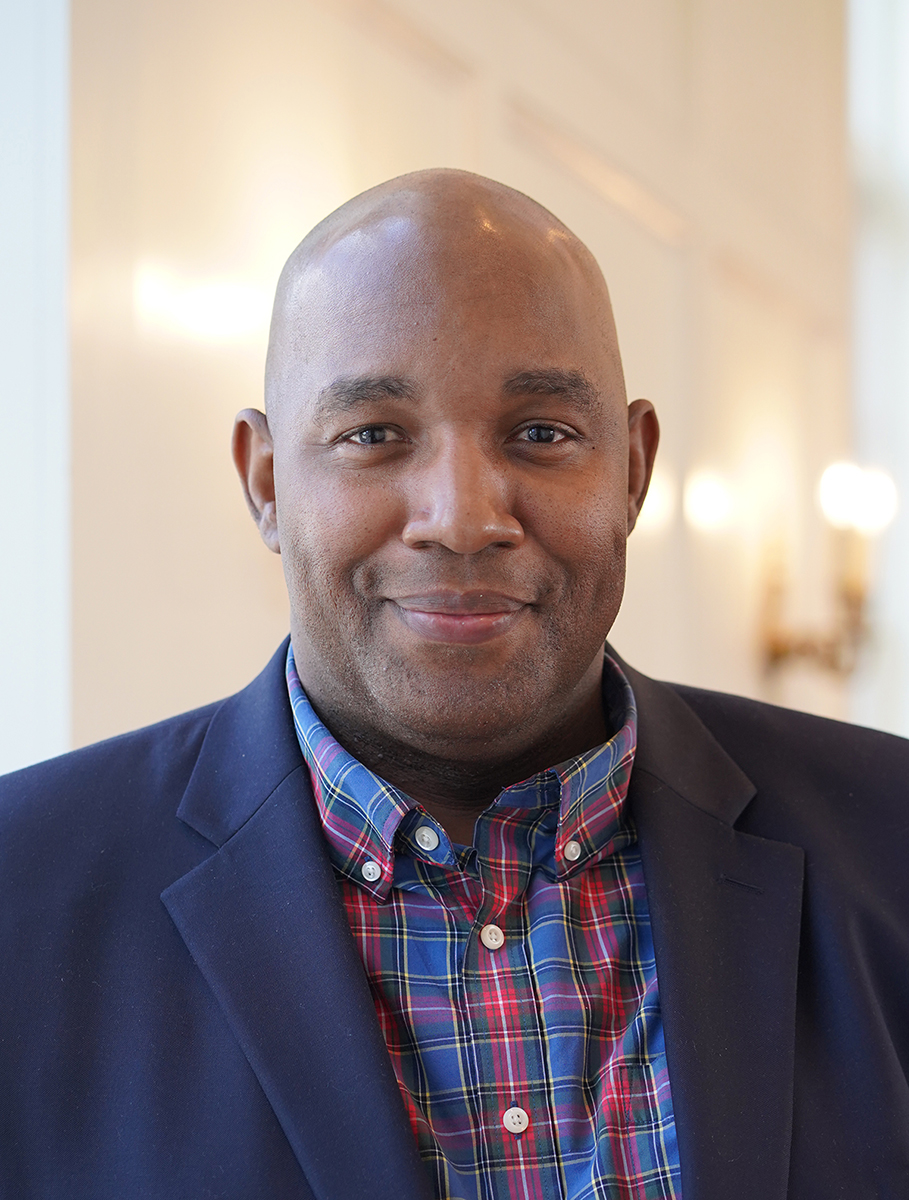
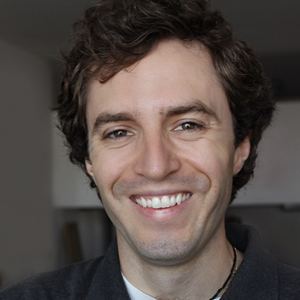

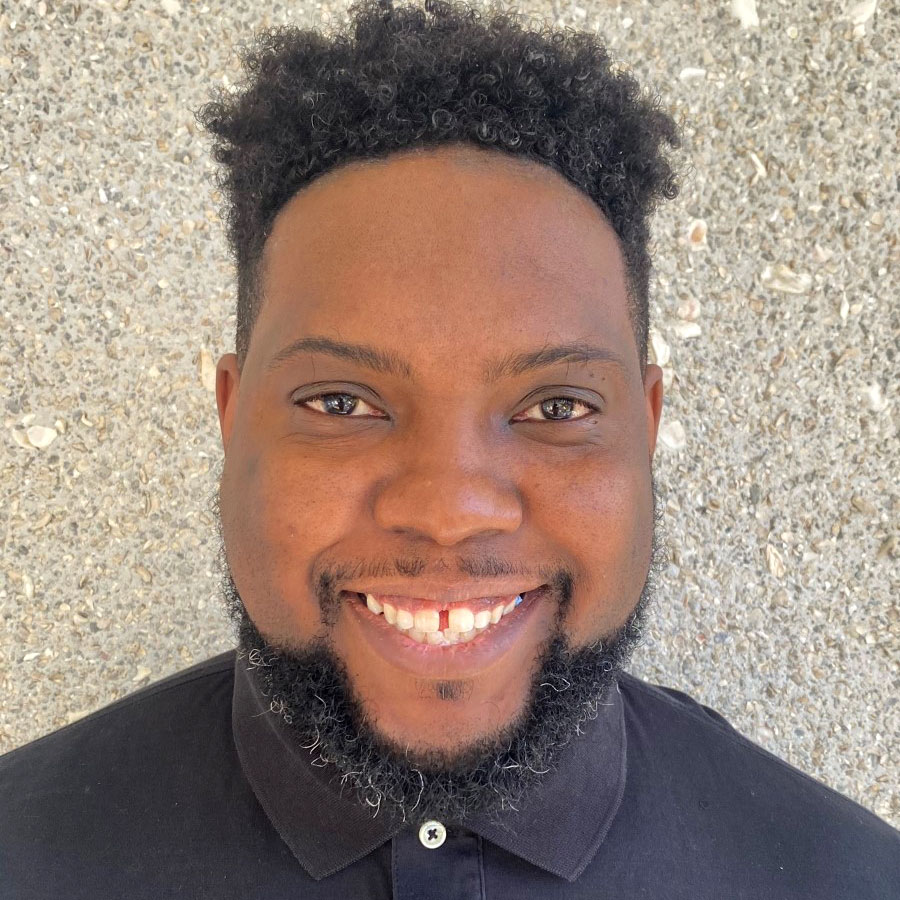

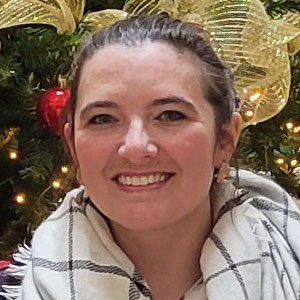
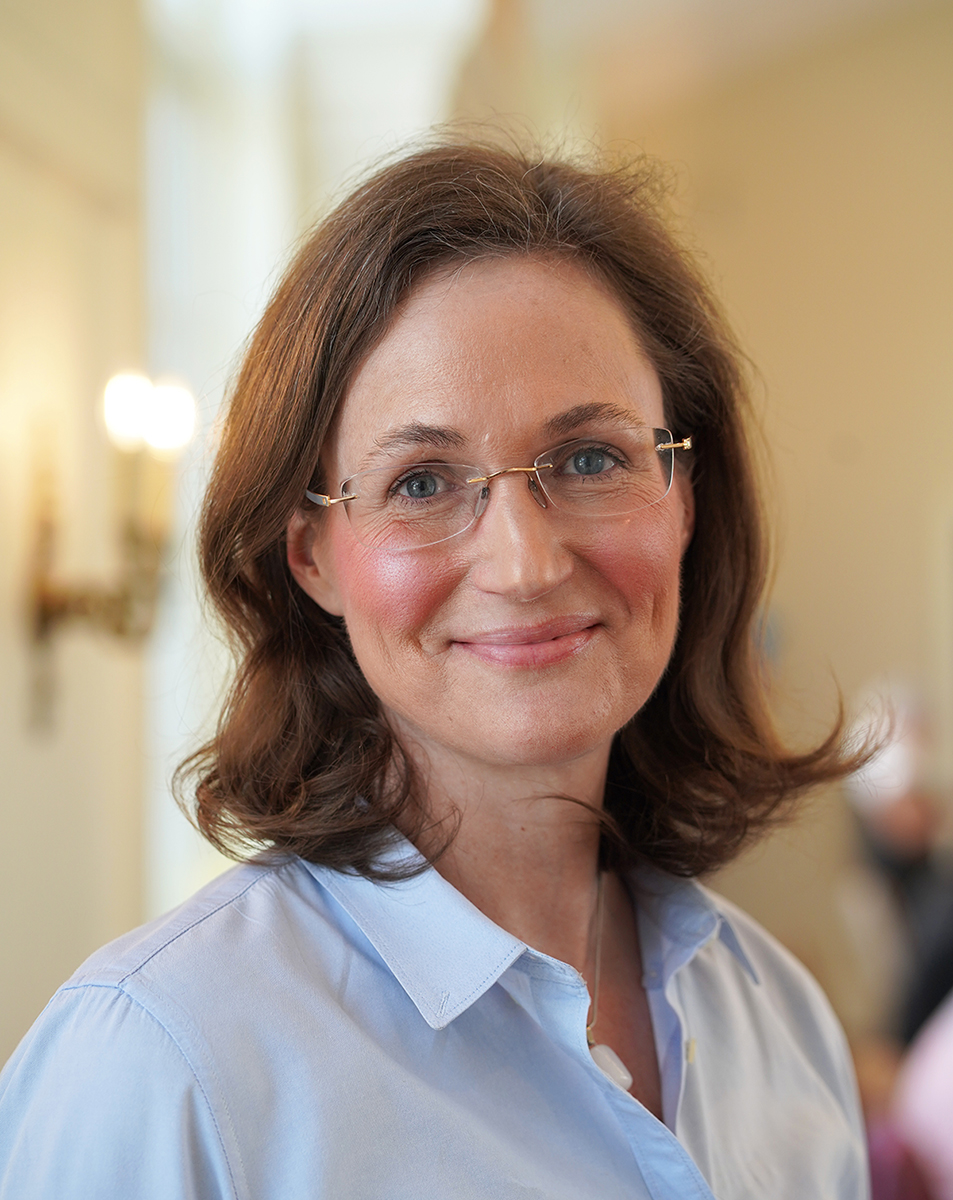
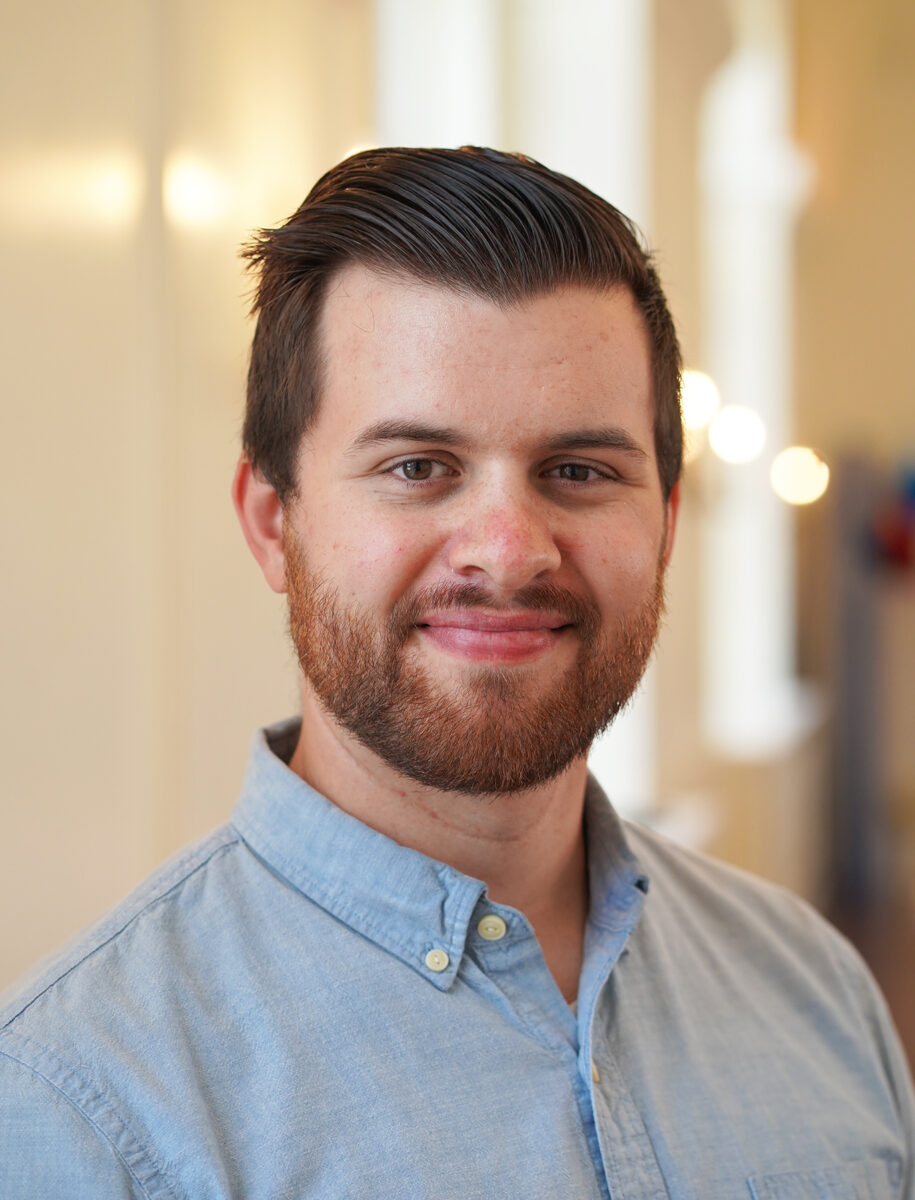
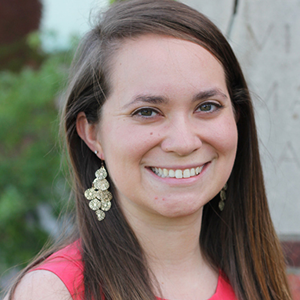
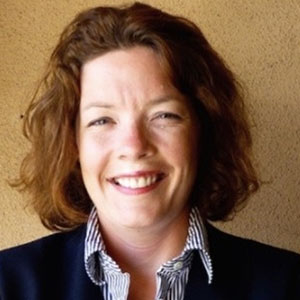
Photos from David Currie's post ... See MoreSee Less
Photos from David Currie's post ... See MoreSee Less
... See MoreSee Less
Dr. Arthurs Shares New Resources for Teachers and Preachers - Gordon Conwell ... See MoreSee Less
Dr. Arthurs Shares New Resources for Teachers and Preachers - Gordon Conwell
bit.ly
Doctor of Ministry (DMin) Admissions Webinar: Ministry to Emerging Generations - Gordon Conwell ... See MoreSee Less
Doctor of Ministry (DMin) Admissions Webinar: Ministry to Emerging Generations - Gordon Conwell
www.gordonconwell.edu
... See MoreSee Less